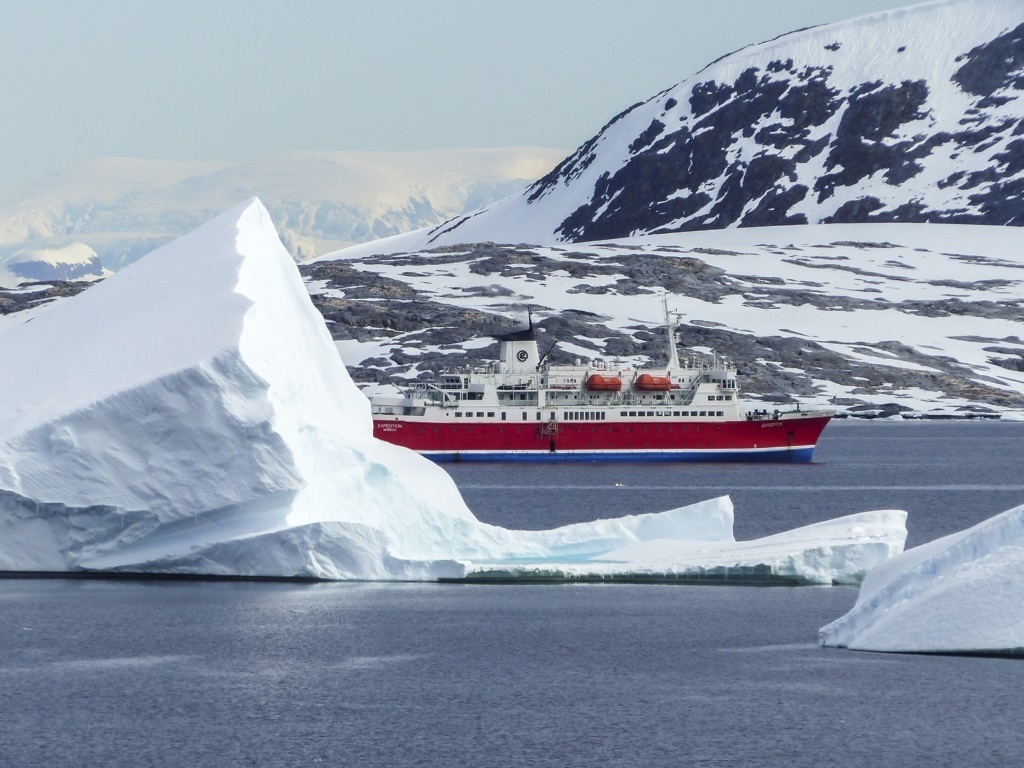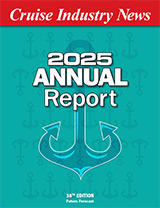Greenland’s government announced this week that it is supporting a ban on using and carrying heavy fuel oil (HFO) in Arctic regions.
The government said that an important reason to support the ban was that marine casualties, which could lead to waste of HFO into the marine environment, could have major environmental and economic consequences. It said that HFO is very difficult and partly impossible to collect at low sea temperatures and therefore there is a risk that the oil will remain in the water and on the shores for a long time.
The IMO has been working on developing an Arctic ban on HFO since April (2018); it has been banned in Antarctic waters since 2011. The IMO Marine Environmental Protection Committee has directed one of its sub committees, which will meet in early 2019, to work on a possible ban definition and formulation.
According to David Walsh of the HFO-Free Arctic Campaign, the proposal to ban HFO as shipping fuel from Arctic waters was co-sponsored by Finland, Germany, Iceland, Netherlands, New Zealand, Norway, Sweden and the United States.
The proposal for a ban, along with a proposal to assess the impact of such a ban on Arctic communities from Canada, was supported by Australia, Belgium, Czech Republic, Denmark, Estonia, France, Ireland, Japan, the League of Arab States, Poland, Portugal, Spain, Switzerland, and the UK.
He said the new support from Greenland and Denmark is notable as it is the sixth Arctic nation to support the ban.
Among the Arctic nations, Russia is notably absent.
According to the HFO-Free Arctic campaign, about 75 percent of the marine fuel currently used in the Arctic is HFO and more than half of the vessels sailing there are flagged to non-Arctic countries.




